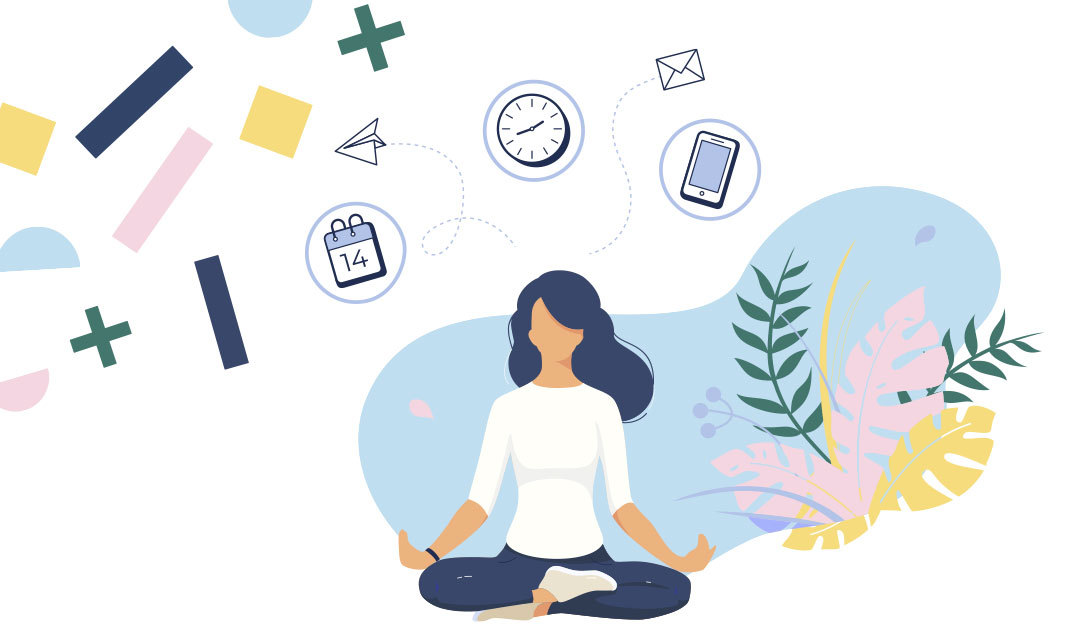
Stress is the body's response in the form of psychological and physical stress caused by changes in environmental conditions.
A moderate level of stress can sometimes be useful and can increase performance. However, with prolonged exposure, it can become harmful and dangerous to your health, as well as leading to occupational burnout.
Severe stress triggers compensatory mechanisms in the nervous, endocrine and immune systems. If stress lasts for a long time, the mechanisms designed to compensate for it become depleted. This leads to a weakening of the body's resistance and the person becomes prone to disease.
Tick the questions that you can answer positively:
Count the number of positive answers. Each "Yes" answer is given 1 point.

Informal socialising with friends and family: in today's situation of self-isolation, it is important not to cut yourself off from social contacts and to keep in touch through online services or by telephone;
Taking up a favourite hobby: think about what gives you joy and the opportunity to see the results of the work you have done? It is useful to do something every day that gives you a sense of achievement. Maybe it's a hobby you've always missed, maybe you'll discover something new.
Creative activities: Creativity has an important function as an emotional release. Whether it's painting, which you've never been able to do but enjoy, or singing, which is relaxing and uplifting. Plan an activity for each day that pleases you.
What am I worried about?
Is there anything I can do about this problem?
Yes
Think about what you can do, who you can turn to for help and make a list of options. The Regional Centre for Psychological Support and Continuing Education has a 24-hour helpline and you can also make an appointment for a face-to-face consultation with a psychologist.
No
Let go of anxiety and focus on something else that is important to you right now. Change your activities, distract yourself. Perhaps you will come back to the issue later.